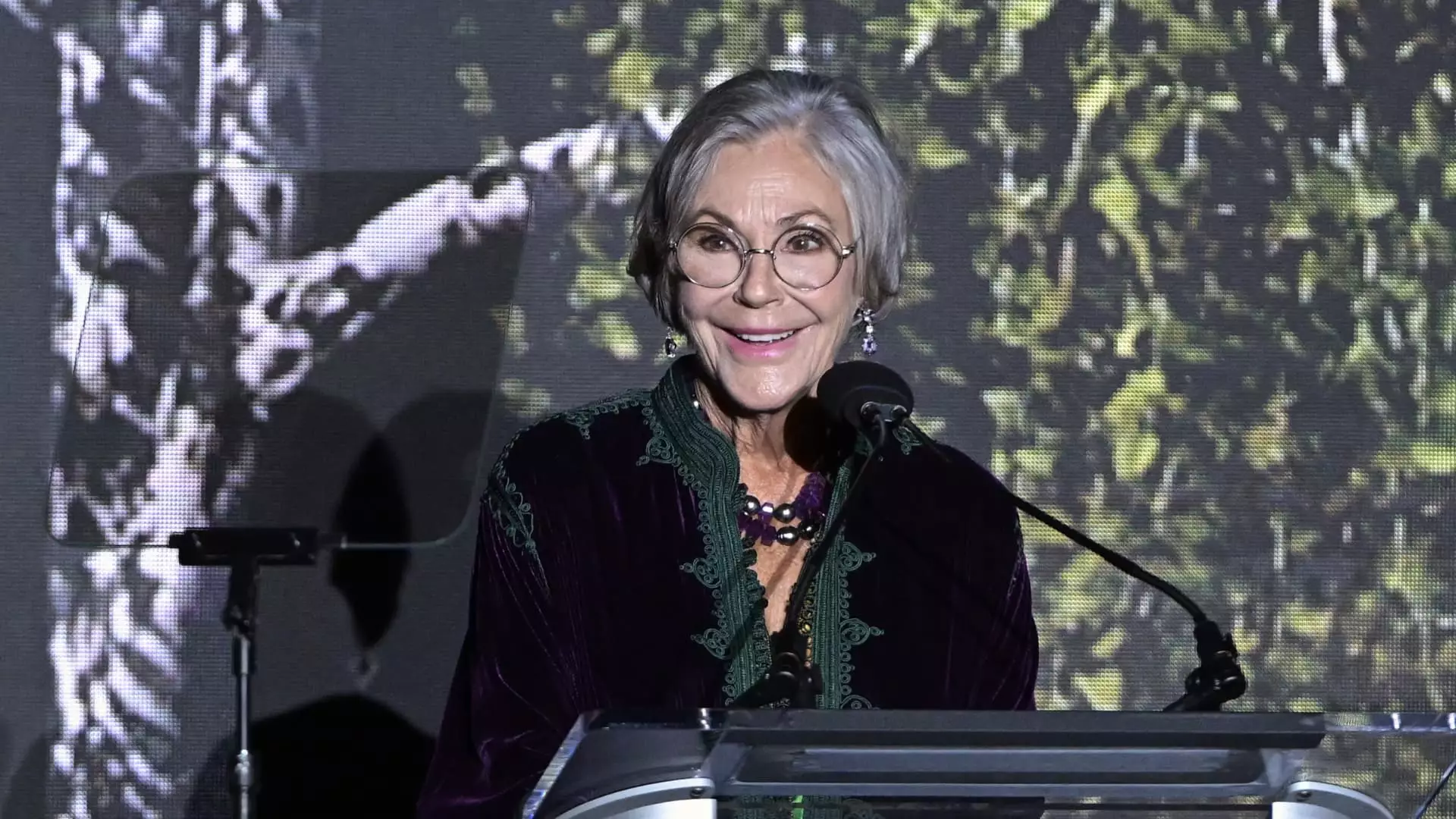The landscape of global wealth is undergoing a significant transformation, characterized by a notable increase in the number of female billionaires. According to the latest Altrata Billionaire Census, 13% of the world’s 3,323 billionaires are women, equating to 431 individuals. This figure, although seemingly small, represents a continuous upward trajectory over the past decade, driven by several socio-economic factors. The emergence of female entrepreneurs, evolving cultural attitudes towards gender roles, and substantial wealth transfers between generations are all contributing to the changing face of billionaire demographics.
A crucial aspect of understanding the growing presence of women in the billionaire club is the role of inheritance. The Altrata report highlights that around 75% of female billionaires have inherited at least a portion of their wealth, with 38% inheriting their entire fortune. This contrasts starkly with their male counterparts, where only 5% of billionaires gained their wealth through inheritance. Prominent figures among female billionaires include Alice Walton, Julia Flesher Koch, and Françoise Bettencourt Meyers, who have all amassed fortunes exceeding $70 billion largely through family inheritance.
Inheriting wealth not only shapes the financial landscape but also influences the philanthropic tendencies of billionaire women. Given that many women billionaires possess inherited wealth, they often have the latitude to engage in charitable activities, which they tend to prioritize more than men. As the Generational Wealth Transfer unfolds, women are projected to inherit up to $30 trillion in the next decade, further solidifying their financial standing and influence.
Philanthropy presents a stark differentiator between male and female billionaires. The Altrata report indicates a notable proclivity among women billionaires to prioritize nonprofit and social organizations. Nearly 20% of female billionaires dedicate their professional efforts primarily to nonprofits, a figure starkly contrasted by just 5% of their male peers. The greater focus on charitable endeavors among women may be attributable to their fewer commercial commitments due to the nature of inherited wealth. A strong correlation exists between inherited wealth and early engagement in social justice and philanthropy, suggesting that these women view philanthropy as a responsibility linked to their family legacies.
Moreover, the investment portfolios of female billionaires tend to differ significantly from those of men. Due to their higher likelihood of inheriting private enterprises, women generally hold more of their wealth in private investments and liquid assets than men do. The report notes that 35% of female billionaire wealth is tied to private holdings, compared to 28% for males, while women hold a staggering 39% of liquid assets against 30% for men.
Billionaire women also exhibit distinct patterns in wealth allocation when it comes to luxury possessions and leisure activities. They are notably more inclined to invest in high-value real estate and art. For instance, female billionaires are 1.5 times more likely than their male counterparts to own real estate valued at over $10 million. In stark contrast, male billionaires lean heavily towards indulgent “toys” like private jets and yachts. The report highlights that men are 3.8 times more likely than women to own cars exceeding $1 million and more than double as likely to invest in yachts.
Hobbies also draw a clear line of distinction between genders within the billionaire class. Philanthropy emerges as the leading hobby among female billionaires, with 71% citing it as a personal interest. Meanwhile, sports dominate the leisure activities of male billionaires, with the same percentage expressing a penchant for athletic pursuits. Women are further inclined towards arts, education, and travel, while men gravitate towards aviation, outdoor activities, and political engagements.
The narrative surrounding female billionaires is one of growth, empowerment, and responsibility. As they increasingly inherit vast fortunes and assert their presence within the billionaire class, their distinctive approach to wealth management and philanthropy is reshaping societal norms. The forecast of trillions in inherited wealth shifting towards women in the coming decade only underscores the need for a deeper understanding of their impact on global philanthropy, investment patterns, and societal welfare. With these trends, the future looks promising for a new generation of women leaders who prioritize social betterment alongside their financial achievements.

